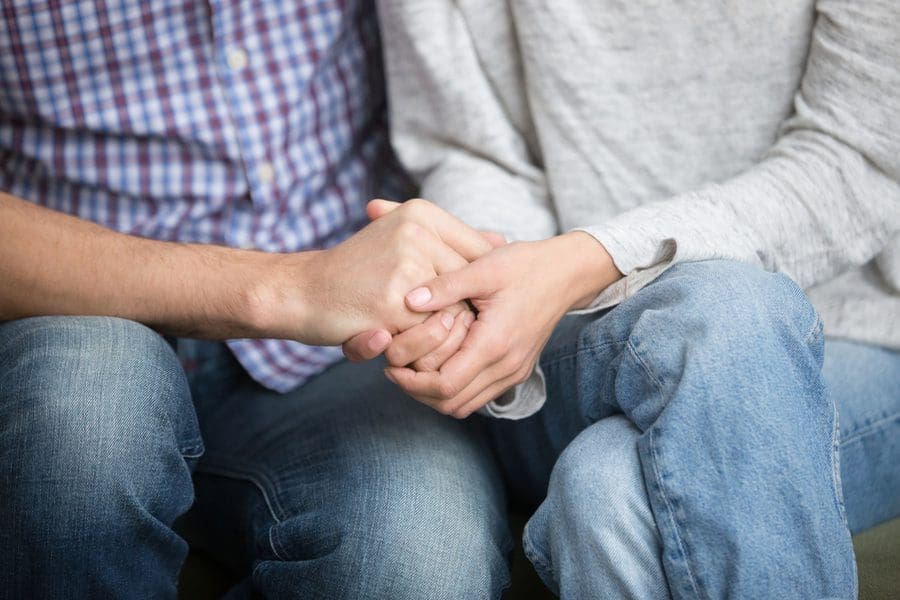It’s perfectly natural to love the people around you and want to spend a lot of time with them. But there comes a point when so much time with someone else is a problem. If you feel totally tied to and reliant upon a single person – or vice-versa – you could be in a codependent relationship. Here are some signs that a situation has become unhealthy, plus some tips for regaining your independence.
What Is Codependency?
A codependent relationship can come in many forms, but experts typically define it as an excessive reliance on a single person, who, in turn, needs that reliance to sustain their self-esteem and self-worth. Codependency can be emotional, psychological, physical, or spiritual, and it doesn’t always come from a romantic relationship or partner. Friends, family members, and even coworkers can unknowingly become codependent.
But how do you know if you’ve crossed the line into this dangerous space? PsychCentral.com lists some doctor-reviewed indicators, including controlling behaviors, self-sacrifice, making excuses for someone, sheltering someone from the consequences of their actions, low or decreasing self-worth, tendencies to apologize excessively, idealizing the other person, and fear of rejection. The number one sign of codependency is “consistently elevating the needs of others above your own.”
As you can imagine, such behaviors can quickly impact your health and satisfaction with life. Codependent people often lose touch with their own needs and desires and neglect prior healthy relationships. These tendencies leave them more alone and plunge them deeper into the codependent relationship. The consequences of codependency can vary. Some people will do anything to gain approval, others will try to take control, and some act out or develop addictions.
What Does It Look Like?
Codependency varies in every relationship, but there’s one constant: One person sacrifices too much of themselves for the other. For example, the codependent partner of an addict may give money to buy drugs, help them cover up their usage, take care of them as they become ill, or protect them from the punishments associated with their actions. A codependent person may also take precautions to avoid upsetting their partner, even when that means not standing up for themselves.
How to Stop Being Codependent
If any of this sounds too familiar, it’s time to take action and regain independence. Focusing on the issue and putting in the effort to squash unhealthy tendencies can make a big difference. Here are a few things to try:
- Speak with a mental health professional to uncover where your tendency to be codependent stems from and get specific in the details.
- Surround yourself with supportive people – those with whom you have normal, healthy relationships or even strangers of like mind (such as a therapy group).
- Learn more about codependency so you can avoid falling into old habits.
- Outline your needs and desires.
- Practice saying “no” and setting healthy boundaries.
- Take actions that make you feel good (like setting a workout routine or watching your favorite show).
Codependency can creep up without either involved party noticing. But if you feel caught up in a relationship, it’s always a good idea to take a step back, think about your situation, and seek expert help if necessary.






